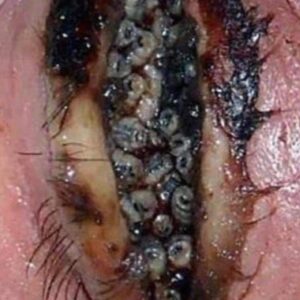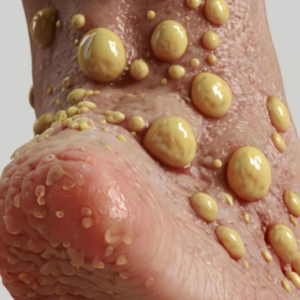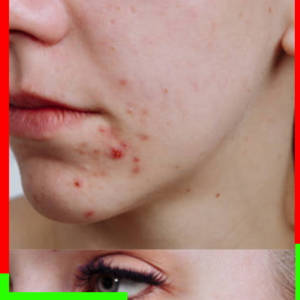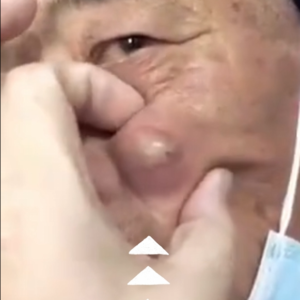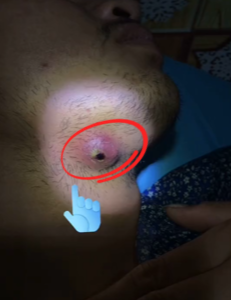As a child, I had various uncontrollable behaviors and compulsive thoughts that I didn’t think much about. It was just part of who I was, so I ignored it. However, as I grew older, these issues intensified, and I began to despise them. Around the age of 14, I discovered a method to manage these tics and compulsive thoughts effectively.
Many people, including my father, who also suffers from this condition, have learned to live with it as an enduring challenge. My father, in particular, believes it is incurable. While he’s correct in that it may not be curable, it is certainly manageable. With only mild tics and compulsions to deal with, I hope my experience can offer inspiration to others with more severe cases to find their own methods for controlling these behaviors without battling them directly.
My Tics and Compulsive Thoughts
Some of the compulsions I remember included: making various short noises, grimacing, shaking my head, coughing unnecessarily, touching my nose, puffing up my cheeks, turning my head to the side, scrunching up my nose, sniffing hard, twitching muscles, counting things like steps and stair steps, arranging objects symmetrically in my room, always leading with my right foot on stairs, and avoiding stepping on gaps in sidewalks.
How I Managed It
Initially, I tried to fight the tics, but this approach only made them worse. After a few months, I changed my strategy to simply observe the tics. I sought to understand the reasons behind each movement, believing that every action must have a cause.
I began to focus on the subtle tension in my body that preceded each tic, known as the “premonitory urge.” By sitting quietly and becoming highly aware of my body throughout the day, I started to identify this tension. For instance, if I felt tension in my facial muscles, my body would respond with a grimace. By concentrating on the tension itself, it would increase until it became very uncomfortable and then eventually dissipate. This process was somewhat similar to the urge to sneeze: by concentrating on the itchiness in your nose, it becomes overwhelming, but then the urge subsides.
I dedicated time each day to focus on this premonitory tension for every tic and compulsive thought. Over several weeks, I became adept at detecting this tension. I also discovered that compulsive thoughts had their own associated tension. By focusing on the tension in my head before a compulsive thought occurred, I could prevent the thought from manifesting.
Within a few months, I was nearly free from all my tics and compulsive thoughts. My perspective shifted from viewing them as annoying to seeing them as challenges to identify and manage. I realized that tics can be difficult to identify because many are subtle, unconscious, or have been part of one’s routine for so long that they seem normal.
Today
Since discovering this technique, I haven’t faced significant issues. In the early years, I practiced the technique regularly, and over time, it became a habitual response. Now, after 15 years, while I occasionally experience compulsions, I can easily manage them when I become aware of them.
I hope my experience can help others dealing with similar challenges.
